Cannabis sativa is a complex plant, boasting approximately 750 bioactive compounds within its structure. Among these compounds, the most renowned is THC, or tetrahydrocannabinol, known for its ability to induce an altered mental state or “high.” Another prominent component found in cannabis is cannabidiol, or CBD.
While THC is responsible for the psychoactive effects associated with cannabis, CBD is gaining attention for its potential therapeutic properties.
Most CBD products on the market are derived from hemp, a variety of cannabis that contains minimal levels of THC, typically no more than 0.3%. However, CBD can also be extracted from cannabis strains with higher THC content.
A recent study published in the journal Cannabis and Cannabinoid Research sheds light on the potential anti-anxiety properties of CBD-dominant forms of cannabis.
The findings contribute to a growing body of research suggesting the mental health benefits of CBD. This study underscores the importance of further exploring the therapeutic potential of CBD in addressing anxiety-related conditions.
CBD vs. THC – Which One Helps More with Anxiety?
Anxiety disorders affect a significant portion of the population, with millions of Americans experiencing symptoms each year. While cannabis has been explored as a potential treatment for anxiety, conclusive evidence regarding its efficacy remains elusive.
In a recent study, researchers sought to compare the effects of CBD (cannabidiol) versus THC (tetrahydrocannabinol) on anxiety symptoms. The study involved 300 participants, including 42 individuals who had never used cannabis and 258 occasional users. Non-users with reported anxiety symptoms served as the control group, while the remaining participants were divided into three groups.
One group consumed a cannabis product high in THC (24%) with minimal CBD (1%), while another group consumed a product high in CBD (24%) with minimal THC (1%). A third group consumed a cannabis flower with an equal ratio of CBD and THC (12% each).
Participants purchased their own products from dispensaries and were not given instructions on usage frequency. Throughout the 4-week trial period, researchers visited participants’ homes to monitor their progress.
To assess immediate changes in anxiety levels after consumption, researchers used various scales including the Profile of Mood States and the Addiction Research Center Inventory.
To evaluate longer-term effects on anxiety, the Patient Global Impression of Change scale and the Depression, Anxiety, and Stress Scale were utilized.
At the study’s conclusion, all groups reported some reduction in anxiety, although the non-cannabis group showed the least improvement. Interestingly, the THC-dominant group did not experience significant anti-anxiety effects.
In contrast, the CBD-dominant group demonstrated the most significant improvement in anxiety symptoms. Furthermore, participants in this group did not report feelings of tension or paranoia commonly associated with cannabis use, unlike those in the other groups.
Remarkably, participants in the CBD-dominant group did not perceive impairment, yet experienced reduced tension immediately after consumption. They were also less likely to experience paranoia compared to participants in the other cannabis groups.
These findings highlight the potential of CBD as a promising treatment for anxiety, suggesting its efficacy and favorable side effect profile compared to THC-dominant cannabis products. Further research is warranted to better understand the mechanisms underlying these effects and to optimize CBD-based treatments for anxiety disorders.
Is It Safe to Use CBD for Anxiety?
In moderate doses, CBD (cannabidiol) is generally well-tolerated by most individuals and considered safe. However, the regulatory oversight of CBD products is limited, and the potential effects of using CBD for anxiety are not fully understood.
CBD products vary widely in purity and composition, ranging from highly concentrated CBD isolates to broad-spectrum and full-spectrum formulations, where the exact cannabinoid content may be unclear.
Furthermore, the accuracy of CBD product labeling is not guaranteed due to the lack of regulation in the industry.
Experts emphasize the importance gathering more information on CBD use from a healthcare provider, particularly for individuals taking other medications or those at risk of liver complications, especially at high doses.
There is limited research on the effects of CBD, especially concerning psychiatric or psychological conditions. Similarly, concerns exist about the safety of smoked or vaped CBD products, as the potential risks associated with these methods of administration are not well understood.
Given these uncertainties, individuals considering the use of CBD for anxiety or other purposes should exercise caution and consult with a healthcare provider to discuss potential risks and benefits.
Additionally, further research is needed to better understand the safety and efficacy of CBD products, particularly when used for mental health conditions.
Cannabis Research and Its Obstacles
Researchers interested in investigating the effects of THC or CBD under controlled conditions encounter significant legal obstacles.
Under an IND (Investigation of a New Drug) approval by the FDA, evaluating a product already on the market is prohibited as it’s considered assessing a pre-market drug. This means researchers cannot legally administer cannabis products to study participants, unlike trial subjects who can freely purchase such products.
Researchers are restricted from providing cannabis products to study participants in their capacity as study doctors. While they can offer them as friends or neighbors, it’s prohibited within the research context. Consequently, researchers must devise alternative methods to assess real-world scenarios.
Large-scale clinical trials investigating the efficacy of CBD for anxiety treatment are scarce. There’s a pressing need for scientific research to understand how CBD functions and its potential in treating mental illnesses.
The new research may be among the first studies to explore the effects of different inhaled products using both real-world and lab-based approaches. Utilizing real-world products in studies can yield more ecologically valid results, providing valuable insights into their effects in practical settings.
How Long Does CBD Stay In Your System?
The duration for which CBD remains detectable in the body is not well-established.
Regular users of THC and CBD may metabolize these substances differently compared to occasional users. Additionally, the dosage size plays a crucial role, as larger doses typically take longer to be eliminated from the body.
The route of administration also influences the duration of CBD’s effects. For instance, oral THC tends to have a more prolonged effect compared to smoked or vaped THC, with the effects lasting for several hours.
Understanding the optimal dosage, frequency, and route of administration for THC and CBD in treating anxiety requires comprehensive clinical trials.
Recent study findings suggest that CBD-dominant flower consumption may lead to short-term tension reduction lasting 1–2 hours after use. However, further research is necessary to fully comprehend the duration of CBD’s effects and its presence in the body.
Is CBD the Best Choice for Anxiety?
Experts caution against recommending CBD for anxiety at this time, citing several factors.
There is a widespread misunderstanding about CBD, with many people assuming that all products are equally effective, which is not the case.
Despite the perception that CBD can address various illnesses, scientific evidence supporting its efficacy is currently lacking.
It is advisable to seek cannabis-based treatments under medical supervision, emphasizing the importance of consulting healthcare professionals before starting any CBD regimen.
A conservative approach to using cannabis for anxiety is recommended until more robust clinical trials establish its safety and effectiveness across different populations.
Only after extensive clinical trials demonstrate the long-term safety and efficacy of CBD for anxiety should it be considered for widespread medical use under appropriate medical supervision.


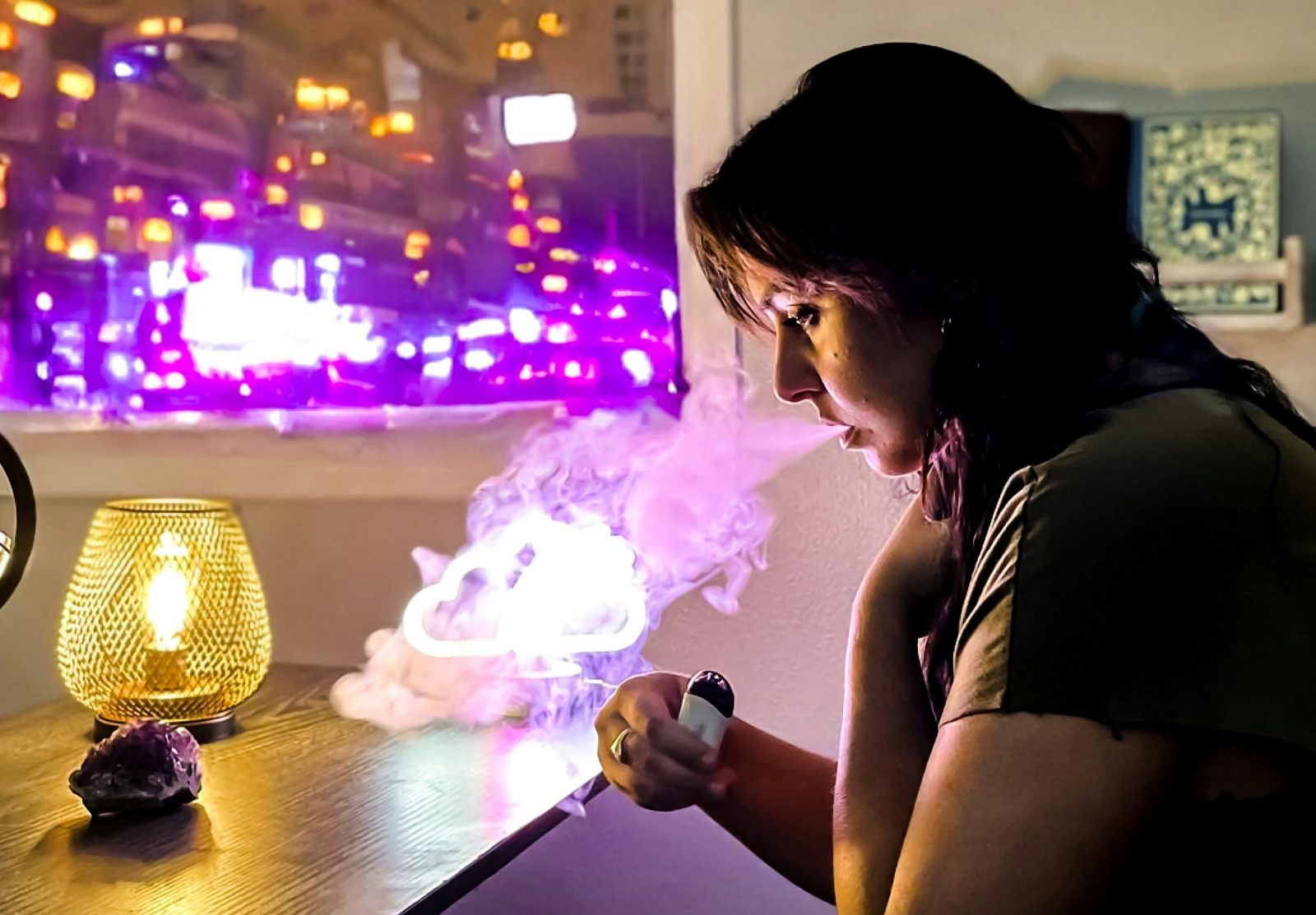
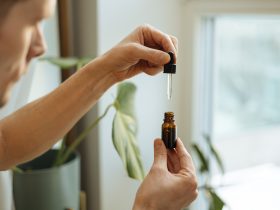








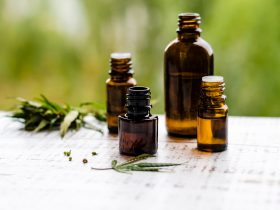
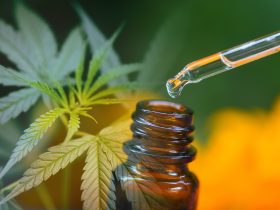
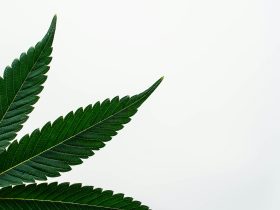
Find Us on Socials